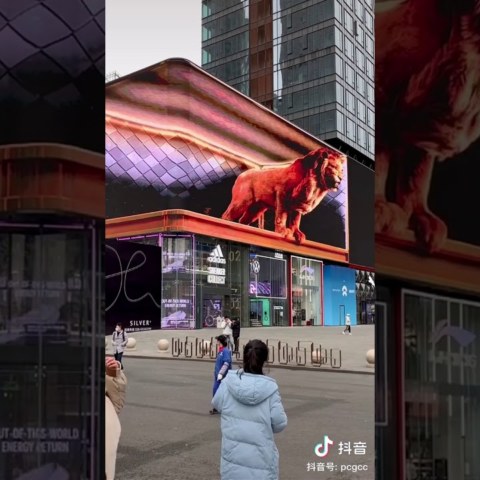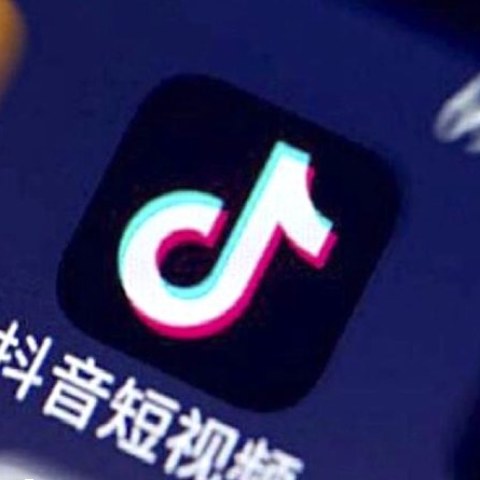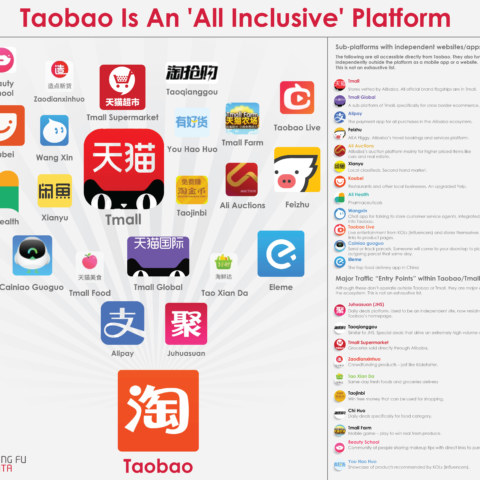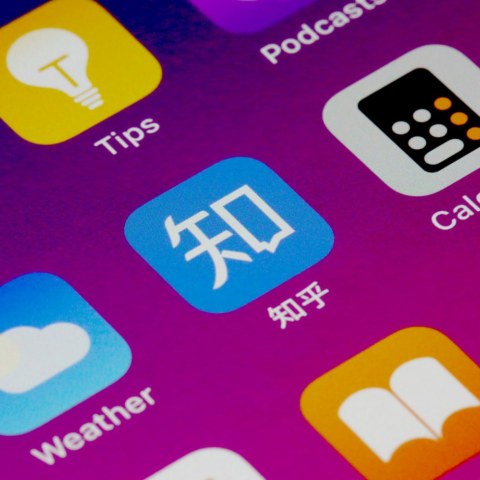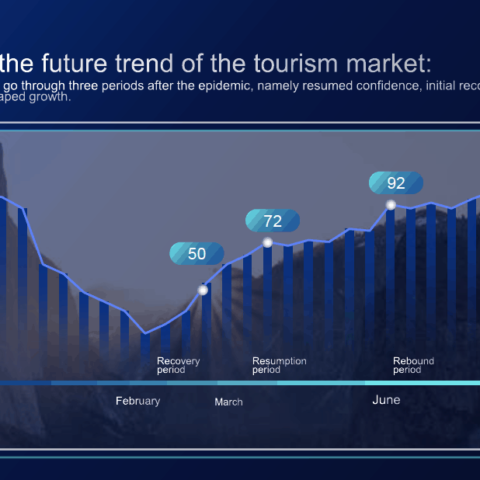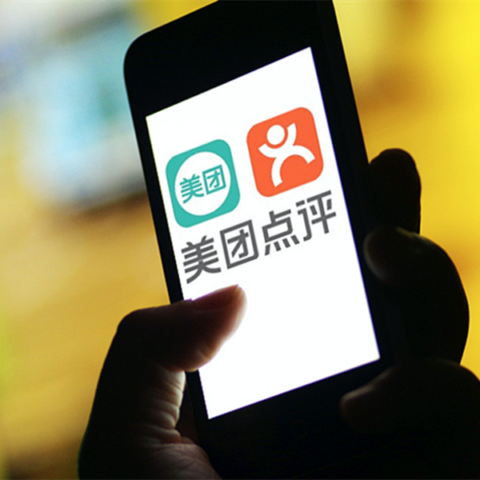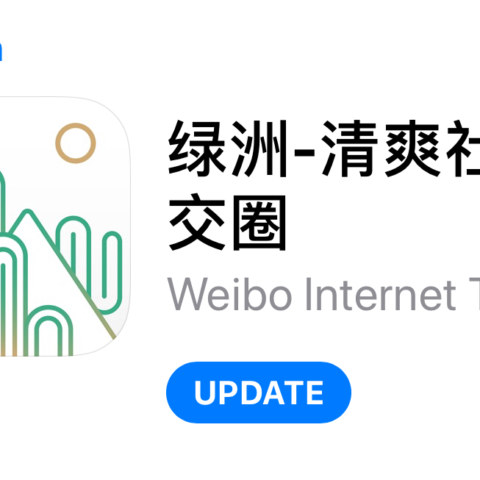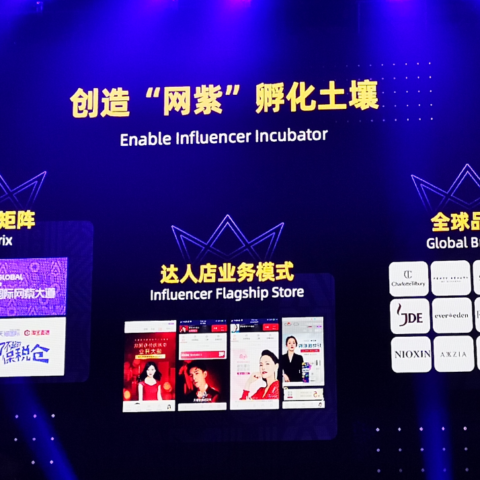Chinese Clubhouse is coming
«The banning of Clubhouse app in China sparks a wave of apps replicating its business model».
Clubhouse is an invite-only social media platform entirely based on audio that focuses on hosting large-scale virtual and live events. At present, it has around one million users, and it is densely filled with several thousand rooms, of a maximum of 8,000 people, in which people from all over the world and diverse industries engage in conversations about different topics and careers.
When conversations take place, they are not recorded for later replay. In other words, unless you are in the meeting hall, you won’t ever have access to the content being discussed again. Hence, users often use the app for a long time, seeking out conversations on their interest subjects to either listen or engage in them.
What happened to Clubhouse in China?
Chinese regulators were quick to block the app in 2019, to which the American company responded with a series of amendments that allowed it to become active again.
Clubhouse’s success, which made it grow exponentially, was due to this invitation-only method of accessing private rooms – adults in China are not keen on publicly expressing their thoughts. Although having staff members listen to conversations in the halls to prevent «unwanted content», numerous talks triggered discussions on topics such as the Xinjiang detention camps or Hong Kong independence.
As we know, the Chinese government’s censorship always takes it a step further, always having a firewall to prevent specific topics from being brought up. Precisely for this reason, a little over a month ago, the app was permanently banned in China.
This has led to many Chinese companies working on the same business model. The first company that has already adapted has been Xiaomi, which has modified its «Mi Talk» app and is now based on private rooms. Similarly, the company that founded Tiktok, ByteDance, has assured that it is working on the new Chinese Clubhouse, which will probably focus on an idea closer to entertainment.
Now that you know about the success and controversy of Clubhouse, how can you use it as a marketing tool?
The app’s functionalities make it ideal for companies working in both B2B and B2C models, enabling them to take different approaches:
On the one hand, exclusive brand meetings can be scheduled, presenting talk programmes with collaborators and employees from distinct areas of the organisation: it is important to provide valuable content to the audience that may want to know about your company, such as tips and advice or even information about new trends in the market. Besides bringing the public closer to your brand and making them loyal to the brand, you could become a benchmark.
On the other hand, it will allow you to contact potential customers: different ways of getting closer to customers are to contact them to organise a joint talk in which they can act as speakers or even send invitations in a strategic way to those people you would like to be listening.
Likewise, Clubhouse gives you the opportunity of connecting with experts in your niche market whom you may request to speak at your conference room to attract a broad audience to introduce your business to.
Ultimately, Clubhouse is an excellent networking opportunity currently flourishing, yet most are still unaware of its potential. Not only does it allow brands to gain visibility with an audience they have not been able to reach before, but it also allows them to bring the company closer to the customer and communicate more directly and genuinely. Having two-way communication can be beneficial to your business.
If you want to enter in the Chinese market contact us for insights and inputs!
Leave a Comment





